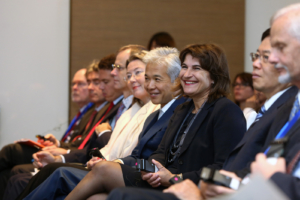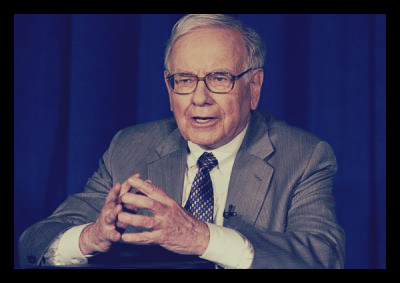
According to Oxfam, an international NGO committed to fighting poverty, the money made by the world’s top 100 billionaires in the last year alone could end global poverty four times over.
Oxfam asserts that the wealth amassed by the world’s richest is encouraging inequality and deepening a divide between those in abject poverty and the rest of the world – making it even more difficult to end poverty once and for all. They assert that the world’s rich are getting richer at the expense of those in extreme poverty, and that the $240 billion that was collected in 2012 by the wealthiest 100 billionaires could end global poverty four times over.
Although a few American billionaires have already pledged to donate much of their wealth back into the public sphere, including Bill Gates and Warren Buffet, the exact figure has not been disclosed, and foreign billionaires have not made any such pledge to match those given by Gates and Buffet.
The Chief Executive for Oxfam GB Barbara Stocking cites a report that will be unveiled at the upcoming World Economic Forum. The report, titled “The Cost of Inequality: How Wealth and Income Extremes Hurt Us All”, found that within the last 20 years, the wealthiest 1% have increased their wealth by 60%. Stocking points out that this trend has led to extreme poverty as low-income earners have taken home an even smaller share of the total income as the rich get richer, which has also stifled growth and investment.
The report states that this trend has affected even Westernized countries, citing levels of high income inequality in the UK and South Africa. The report points out that top earners in China own over 60% of the overall income, similar to the situation in South Africa, where income inequality has risen even past levels seen at the end of apartheid.
Income inequality also persists across the United States, where the portion of total national income going to the top 1% has doubled within the last 30 years – the top 1% now take home 20% of the national income.
Oxfam is urging global leaders to committ to lowering income inequality levels to those seen in the 1990s, and Stocking asserts that doing away with tax havens, which reportedly would create $189 billion in additional tax revenues, would help alleviate the problem.
The World Bank and International Monetary Fund have taken a similar stance, saying that income inequality hinders development and growth, and say that they aim to fund projects that limit the perpetual cycle of inequality.
– Christina Mattos Kindlon
Source: The Guardian
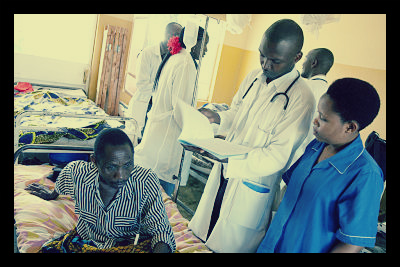
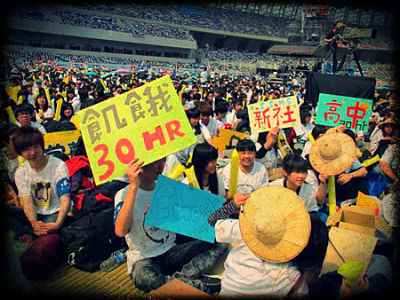
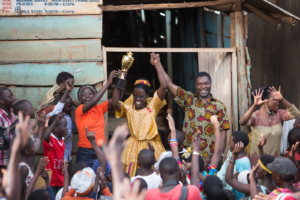
 In December of 2012, the United Nations had called for financial support for the UN Central Emergency Response Fund (CERF) which has financed humanitarian programs that saved millions of lives. Donors pledged $384 million for 2013. On January 21, the United Nations announced that $100 million was to be allocated to 12 poorly-funded crises around the world.
In December of 2012, the United Nations had called for financial support for the UN Central Emergency Response Fund (CERF) which has financed humanitarian programs that saved millions of lives. Donors pledged $384 million for 2013. On January 21, the United Nations announced that $100 million was to be allocated to 12 poorly-funded crises around the world. Donald Girskis, a business guru who has created grand success with Boost Mobile and ShoreTel, brought enthusiasm and encouragement to The Borgen Project today as he visited headquarters for the first time here in Seattle.
Donald Girskis, a business guru who has created grand success with Boost Mobile and ShoreTel, brought enthusiasm and encouragement to The Borgen Project today as he visited headquarters for the first time here in Seattle.
